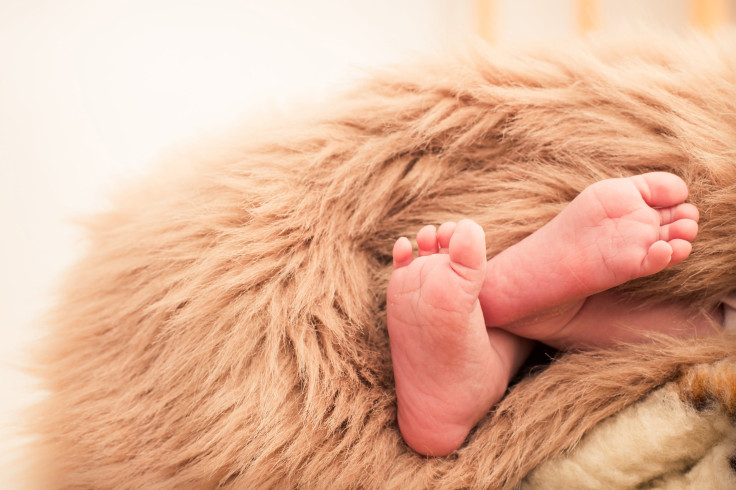Prevent Asthma And Allergies In Children By Giving Them A Fur Blanket To Sleep With

Food allergies and asthma are on the rise in America. It was estimated that eight percent of all U.S. children are afflicted by food allergies and 9.3 percent of children have asthma. These figures are projected only to increase with time. In a recent study, researchers have observed that something as simple as sleeping in animal fur could be enough to prevent infants from ever developing these life-threatening conditions.
It’s been long hypothesized that modern America’s obsession with cleanliness is partly to blame for the prevalence of asthma and allergies. Children living in a more rural, farm-like setting have been observed to have far less respiratory problems and allergies than those in more urban settings. Researchers found this was partly due to the increased exposure to animal dander and waste. Working on this theory, German researchers from the Helmholtz Zentrum München Research Centre conducted a 16-year-long study to see if in the absence of farms simple animal pelt could have the same allergy prevention abilities.
According to a press release, in order to test their theory, the researchers enlisted 2,441 newborn babies. Exactly 55 percent of these infants slept on animal pelts the first three years of their lives, with the remainder sleeping on synthetic material. The children were then followed for the first 10 years of their lives to accurately document the development of allergies and asthma.
Results showed that by age 6 sleeping on animal pelts had reduced the children’s chances of developing asthma by 79 percent. "Our findings have confirmed that it is crucial to study further the actual microbial environment within the animal fur to confirm these associations," Dr. Christina Tischer, lead researcher of the study, said in the press release.
While Tishcher may believe her study has confirmed the link between cleanliness and the development of allergies, it is by far not the first study to suggest it. The idea, dubbed the “hygiene hypothesis” suggests that it is possible to be too clean for your own good. This is because early exposure to pathogens helps the immune system to learn how to correctly differentiate between harmful and harmless environmental irritants, NBC News reported. Early exposure to these irritants also helps the immune system to better prepare for future “attacks.”
The idea of bacteria and how we treat them needs to be revised. Most bacteria are benign and some are even helpful. By eliminating them, we are all putting ourselves and our children at a disadvantage.
Researchers aren’t suggesting a complete turnaround from hygiene. The use of antibacterial soaps after one uses the toilet save countless lives every year for life-threatening E.coli infections. However, moderation and common sense should come into play to help distinguish when antibacterial products are necessary and when it may be best to do without.
Source: Tishcer C, et al. Sleeping on animal fur in infancy found to reduce risk of asthma. European Respiratory Society International Congress. 2014.



























